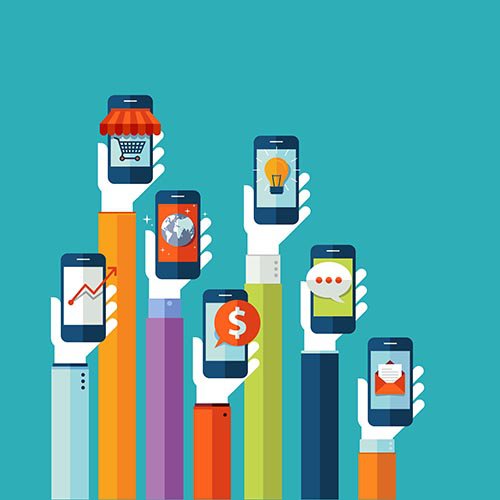Mobile money is about to explode.

My daughter asked me recently what things I think will be obsolete a few years from now.
"Credit cards," I immediately answered.
Here's the thing: all of us today carry our mobile phones wherever we go, and those devices have a direct connection to our bank. So having to also carry a piece of plastic with embossed letters is really an outdated concept (although very profitable if you are a credit card company).
Mobile money has already been a big success for several years in the developing world, but the US has lagged behind in adoption. Today you can buy a soda in any store in Kenya, pay for it with your mobile phone, and walk out the door. Try doing that here and you'll just get a confused look from the clerk at 7-11.
Part of what drove the early adoption of mobile money in developing countries was the large population of "unbanked" consumers. Everyone had a mobile phone, but no one had a bank account – and that provided a perfect oportunity for merchants and mobile carriers to coordinate together on a providing payment platforms such as the wildly sucessful M-pesa in East Africa. But here in the US there are incumbent payment platforms and outdated banking regulations that have impeded the process of developing more efficient approaches.
But things are about to change, as evidenced by Apple's announcement last week of Apple Pay, which is built into new iPhones. They have already signed-up some of the biggest retailers and banks, including my bank, Wells Fargo. So I'll be able to walk into a merchant, make a purchase by waving my phone, and walk out. No credit card required.
Google's Android OS has similar capability, and eBay announced this week they are spinning PayPal off as a separate company. So it looks like the race is now on to fully disrupt the entire payments sector.
At Tivix, we've built payments into several software platforms that we've built for clients. We're looking forward to the new mobile money wave: it's good for consumers (less hassle, lower fees), it's good for merchants (lower purchase friction), and it's good for developers (easier integration).
Maybe it's bad for traditional credit card companies, but we're OK with that.
– – – –
(For some interesting detailed data on mobile money, see this recent report from the Federal Reserve System.)



